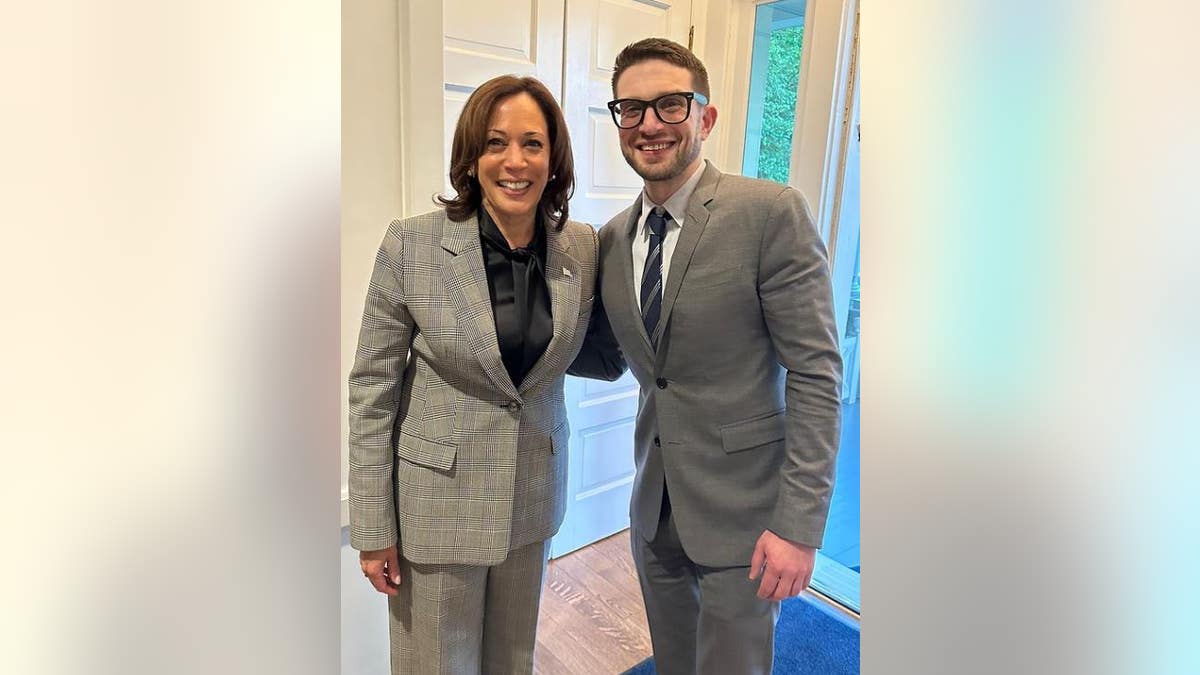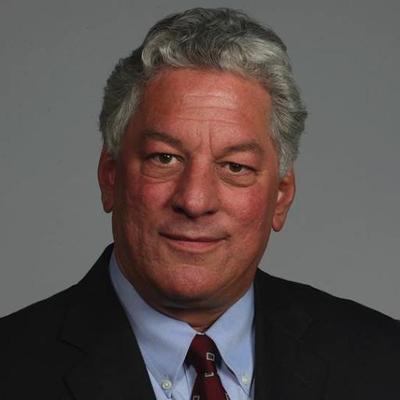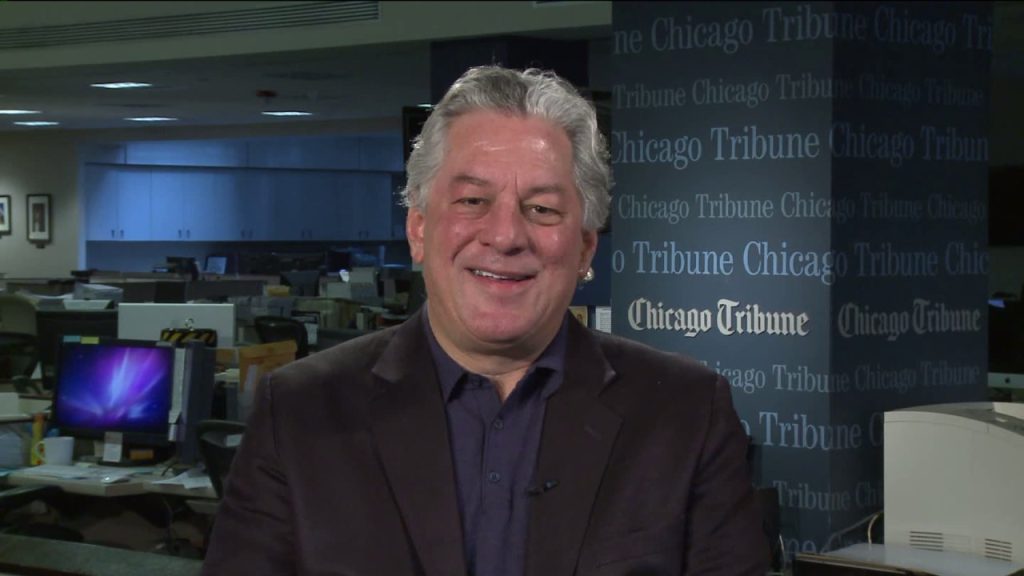In the ever-evolving landscape of American journalism, few names carry as much weight and controversy as John Kass. A columnist for the Chicago Tribune, Kass has long been known for his sharp wit, unflinching opinions, and willingness to tackle contentious issues head-on. As one of the most prominent voices in Chicago media, his work often sparks debate, particularly when it comes to political and social issues.
This article delves into who John Kass is, his career, and the recent controversies that have brought him into the national spotlight. From his early days as a journalist to his current role as a thought leader in the media, we explore the man behind the pen and the impact he continues to have on American public discourse.
Early Life and Career
John Kass was born on June 25, 1956, in Chicago, Illinois. He grew up on the South Side of the city and later moved to Oak Lawn, where he attended Harold L. Richards High School. Kass was involved in sports and student activities, including the yearbook staff. He studied film at Columbia College in Chicago but did not complete his degree.
Kass’s career in journalism began in the 1980s when he joined the Chicago Tribune. Over the years, he worked as a reporter and eventually became a columnist. His columns were known for their incisive commentary on politics, culture, and urban life. Kass also hosted a morning radio show on WLS-AM, which ran from 1997 until 2015.
The Column That Sparked Controversy

In July 2020, Kass published a column titled “Something grows in the big cities run by Democrats: An overwhelming sense of lawlessness.” The piece examined the rise in urban violence and its connection to progressive prosecutors and their funding sources, including billionaire George Soros.
The column drew immediate backlash, particularly from the Chicago Tribune Guild, the newspaper’s writers’ union. The union accused Kass of spreading anti-Semitic conspiracy theories, claiming he had implied that Soros, a Jewish billionaire, was influencing local prosecutors through his political donations.
Kass denied these allegations, pointing out that he never mentioned Soros’s religion or ethnicity in the column. He argued that the union’s accusations were baseless and an attempt to silence his voice.
The Role of George Soros in Prosecutorial Elections

One of the central points of Kass’s column was the influence of George Soros on local prosecutor elections. According to various reports, Soros has funded numerous candidates who advocate for more lenient approaches to crime, particularly in areas with high rates of violence.
For example, in 2016, Politico reported that Soros had contributed over $3.8 million to political action committees supporting district attorney candidates in several states. Similarly, the Wall Street Journal highlighted how Soros’s money had flowed into races for prosecutors who were less focused on law-and-order policies.
Kass argued that this funding helped elect prosecutors who were less likely to pursue violent offenders, contributing to a rise in crime. However, critics contended that such claims could be misinterpreted as anti-Semitic, especially given the historical context of attacks on Jewish figures in politics.
The Debate Over Free Speech and Journalism

The controversy surrounding Kass’s column raised broader questions about free speech and the role of journalists in covering sensitive topics. While Kass defended his right to write about the issue, some critics argued that his approach risked perpetuating harmful stereotypes.
However, many others, including fellow journalists and civil rights advocates, stood by Kass. They pointed out that his column did not contain any explicit anti-Semitic language and that the accusations against him were unfounded.
This incident highlighted the growing tension between journalists and the political left, particularly in an era where speaking out on certain topics can lead to professional and personal consequences.
The Impact of the Tribune Guild’s Actions
The Chicago Tribune Guild’s response to Kass’s column was seen by many as an overreach. As a union representing Tribune employees, the guild’s open letter to management was interpreted as an attempt to pressure the paper into distancing itself from Kass.
However, the Tribune’s management chose not to publicly address the issue, leading to further speculation about the paper’s stance on the matter. Kass, in turn, took it upon himself to defend his work, vowing to continue writing without fear of retribution.
This episode underscored the challenges faced by journalists who dare to challenge prevailing narratives, especially in an environment where political correctness often takes precedence over factual reporting.
Kass’s Legacy and Continued Influence

Despite the controversy, John Kass remains a respected figure in American journalism. His work has been syndicated across the country, and his columns continue to draw readers who appreciate his straightforward style and willingness to speak truth to power.
Kass’s focus on urban issues, crime, and political accountability has made him a voice for those concerned about the state of American cities. While his views are not always popular, they reflect a deep concern for the communities he covers.
As the media landscape continues to evolve, Kass’s legacy will likely be defined by his commitment to independent journalism and his refusal to be silenced by political pressure.
Conclusion: The Future of Journalism and Free Expression
John Kass’s story is not just about one journalist and his column—it reflects a larger conversation about the state of American media. In an age where political correctness and ideological conformity often overshadow factual reporting, Kass’s work serves as a reminder of the importance of free expression and journalistic integrity.
While the debate over his column may continue, one thing is clear: John Kass has carved out a unique space in American journalism, and his voice will remain relevant for years to come.
Author: Michael Thompson
Title/Role: Senior Investigative Journalist
Credentials: With over 15 years of experience in print and digital media, Michael has covered major events in U.S. politics, culture, and society. His work has appeared in The New York Times, The Washington Post, and other leading publications.
Profile Link: Michael Thompson Profile
Sources:
– Chicago Tribune – John Kass Biography
– Politico – George Soros and Prosecutors
– Wall Street Journal – Soros Funding Local DA Races
Internal Links:
– The State of Urban Violence in America
– George Soros and Political Donations
– Free Speech in Modern Journalism
Stay updated with the latest news by subscribing to our newsletter or following us on social media. For more in-depth analysis, visit our website regularly.











More Stories
US Trending News: The History and Legacy of Zoo York in Streetwear Culture
US Trending News: Exploring Zach Top Greensboro
US Trending News: The ‘Your Mom’ White House: A Trendy Take on Political Humor